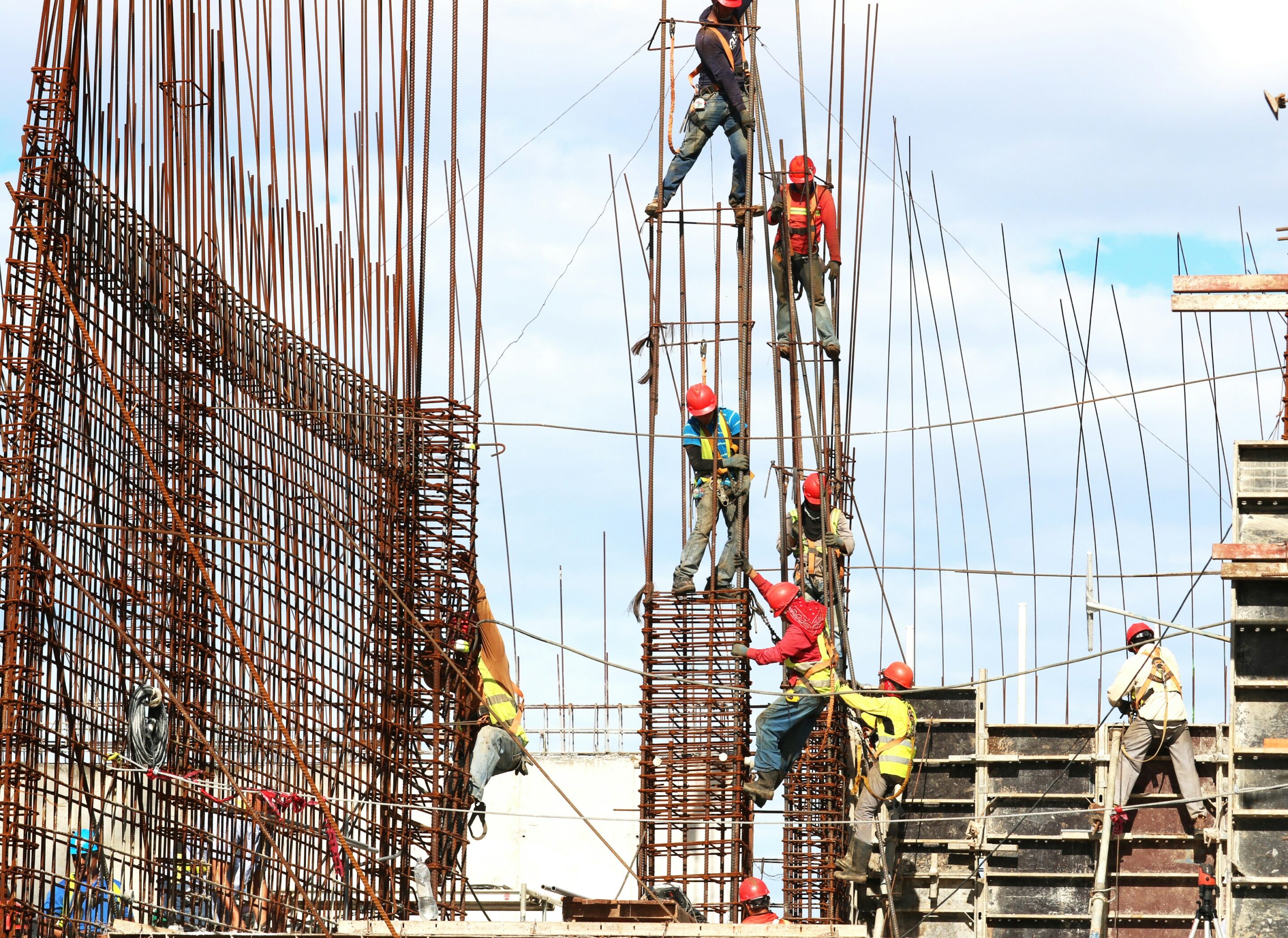
Many acronyms are used when sustainability and environmental awareness are involved, but their meaning and significance are not always clear. This is where Life Cycle Assessment (LCA) comes in. LCAs are a powerful tool that helps us understand how products and systems impact the environment throughout their life cycle stages, right from raw material extraction to disposal. But how exactly do these assessments work, and why are they crucial for making informed decisions in sustainable construction and design?
In this article, we delve into the intricate world of LCAs, uncovering their methodology, significance, and practical applications.
In a nutshell
LCAs are a powerful tool for evaluating the environmental impacts of construction activities and materials throughout their entire lifecycle. By looking at every stage—from raw material extraction to disposal—LCAs help identify areas for improvement and empower construction companies, policymakers, and stakeholders to make decisions that can significantly reduce environmental impact.
In construction, Whole-Building LCAs can drive transformative changes by optimizing materials and processes. This could mean using low-carbon materials, improving energy efficiency, or reducing waste. Embracing LCAs allows construction companies to lead in sustainable practices, cutting down their environmental footprint and promoting a more resilient future.
LCAs in Practice
Conducting an LCA involves defining its goal and scope, which includes determining the purpose of the assessment, the specific product or system that will be evaluated, and the boundaries of the analysis. Once the scope is defined, data is collected on all inputs and outputs associated with the product or building throughout its life cycle, such as raw materials, energy consumption, emissions, and waste generation.
Factors such as resource depletion, climate change, acidification, and human health effects are considered. The final step involves interpreting the assessment results and drawing conclusions. This includes identifying hotspots where environmental impacts are the most significant and exploring opportunities for improvement.
Limitations of LCAs
While LCAs are a valuable tool, obtaining accurate and comprehensive data for all stages of a product’s life cycle can be challenging, particularly for complex supply chains. Defining the boundaries of an LCA can also be subjective and may affect the results of the assessment.
The complexity and time-consuming nature of LCAs, coupled with the need for specialized knowledge and software, can be barriers for many companies. Inconsistencies arise due to a lack of standardized methods and regional variability in practices. Defining the scope and boundaries of an LCA is also difficult and can introduce biases.
The Future of Whole-Building LCAs
In Canada, especially in British Columbia, we’re seeing a strong push with new policies and dedicated efforts to advance whole-building Life Cycle Assessment practices. These initiatives are essential for cutting down embodied emissions in the construction industry. By adopting comprehensive LCAs, we’re making smarter, more environmentally responsible decisions that significantly reduce the carbon footprint of our buildings.
The National Research Council (NRC) has just unveiled the National Whole-building Life Cycle Assessment Practitioner’s Guide, a game-changer for harmonizing LCA practices in the construction industry. This guide offers clear, standardized methodologies and best practices, ensuring consistency and precision in whole-building LCAs.
How Carbon Wise is Leading the Change
At Carbon Wise, we’re proud to be at the forefront of advancing whole-building Life Cycle Assessments (LCAs) in BC. In 2023, we published the first case study comparing the retrofit of a home versus a new building using LCA methodology, highlighting the importance of informed, data-driven decisions. We have also been working on many LCAs for the City of Vancouver Embodied Carbon rezoning and BP requirements.
Our expertise in whole-building Life Cycle Assessments (LCAs) empowers our clients to make informed, sustainable decisions for your projects. We focus on integrating deconstruction and circular principles, helping reduce your carbon footprint while saving time and money. With our data-driven approach and commitment to holistic greenhouse gas reductions, we’re here to support your journey toward more efficient and environmentally friendly building practices.
